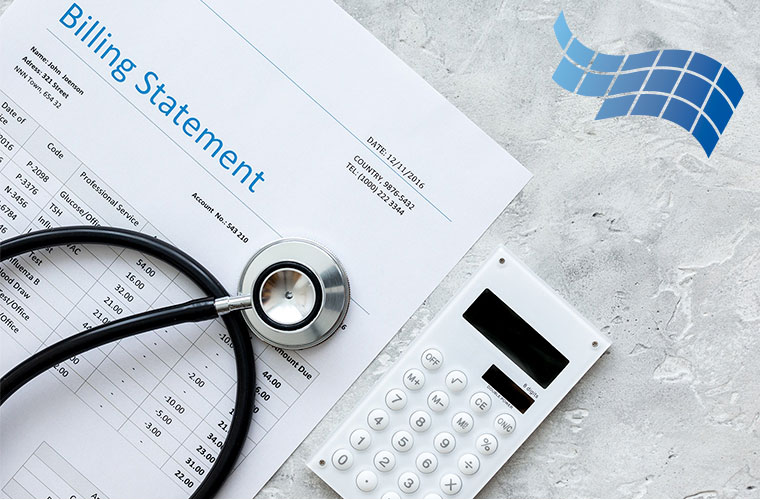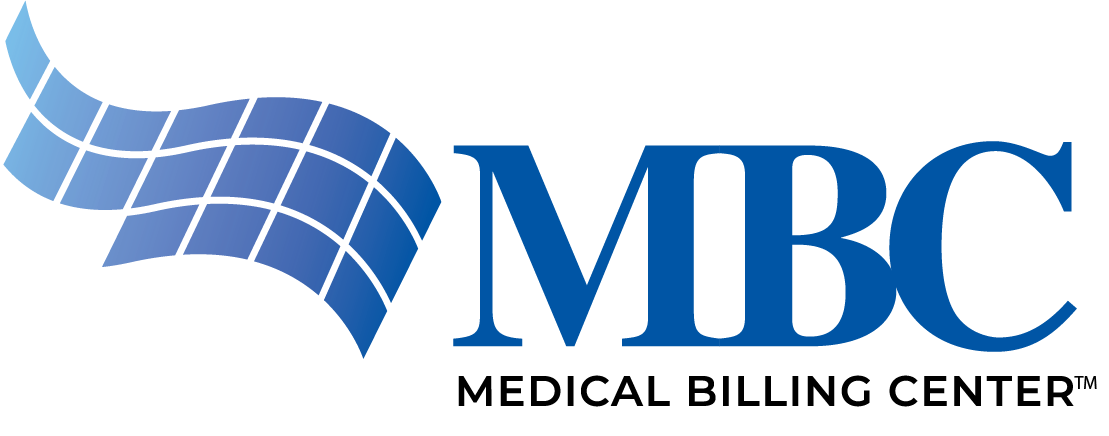
In-House or Outsource?
Internal Questions
To help you decide whether to outsource or retain billing and collections in-house, ask yourself the following:
Staffing
Are you willing to dedicate staff to billing and collections exclusively? Many practices assign billing and collections duties to current staff, often the front desk personnel, who also have to answer the phone, schedule patients, and cover for other staff members. Your staffing model will indicate the priority you are assigning to billing and collections.
Benchmark Reporting
Can your staff demonstrate the percentage of money after adjustment by insurance contracts, collected each month? What is the average number of days to collect that money? What percentage of average monthly charges is outstanding in your accounts receivable? Do staff formally report these benchmarks to you each month?
Fair Debt Collection Act
Is your staff trained in the Fair Debt Collection Act? Are your patient data being transmitted according to the security requirements in the Health Information Technology for Clinical and Economic Health Act, Public Law 111-50 (HI-TECH)?
Stability
Do you have stable staff, experienced in collecting rehabilitation codes? A contingency plan if your in-house biller resigns?
Follow-up
Is there consistent follow-up on unpaid claims?
Daily Updates
Are your staff entering charges, filing insurance, and posting payments every day?
Regulatory
Do you have a practice management system that is robust enough to manage the frequent regulatory changes?
Denials
Are denials being followed every day, with feedback to clinicians and practice owners regarding non-covered codes?
